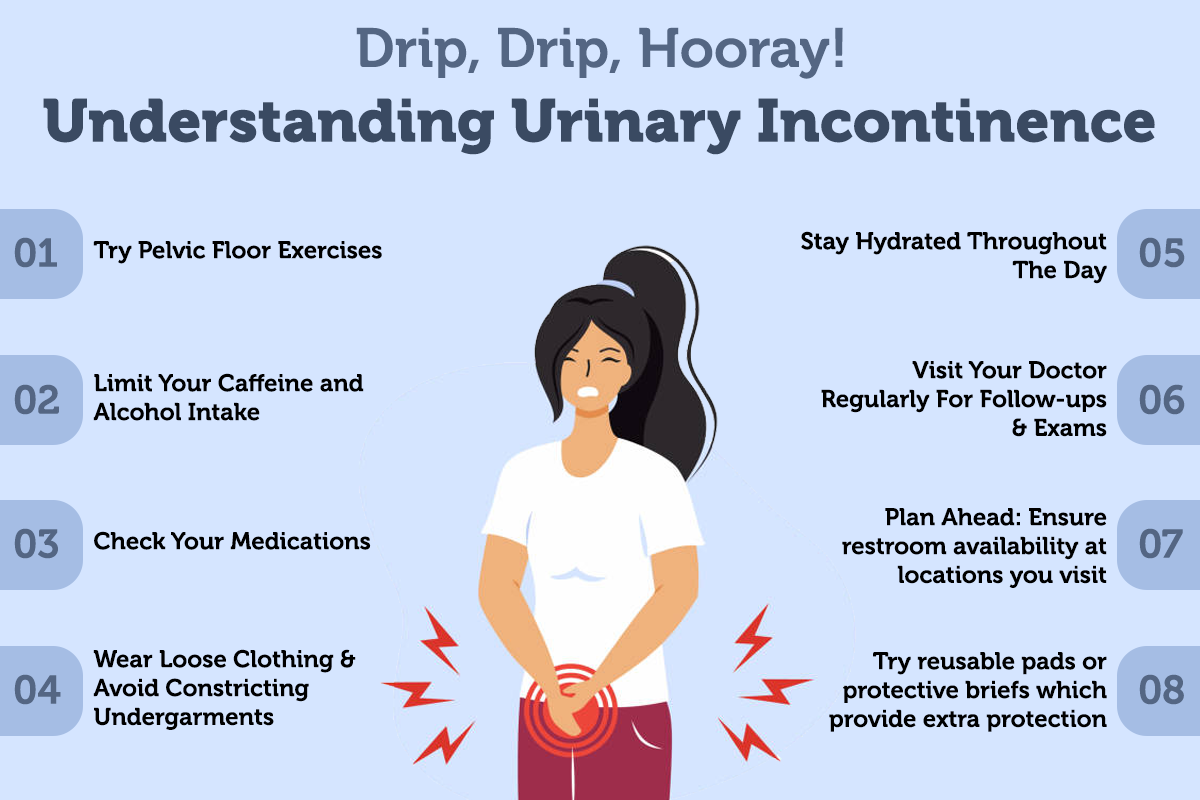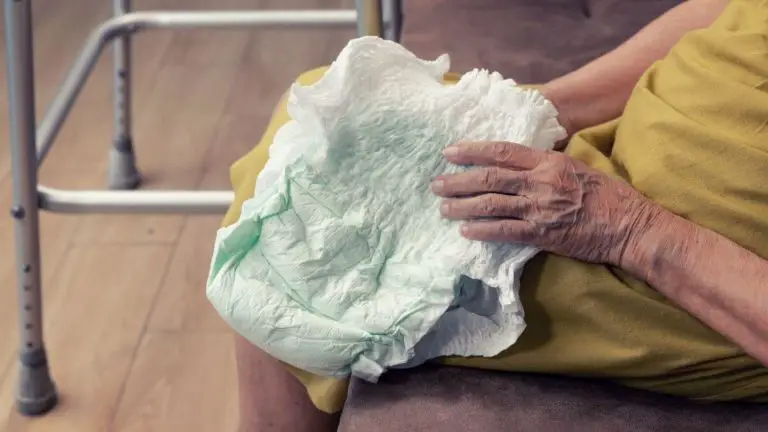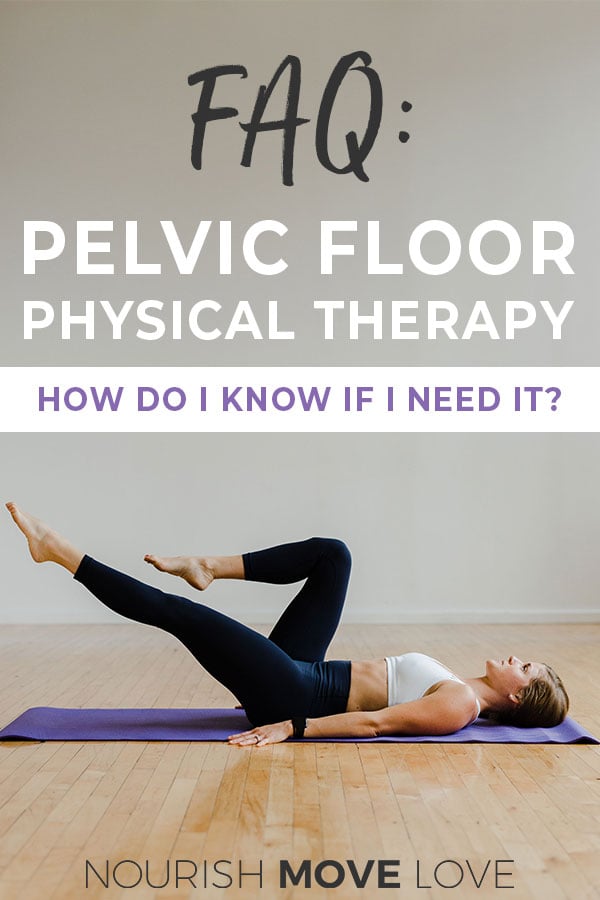
September 1, 2024
Stress Urinary Incontinence: Causes, Signs And Symptoms And Therapy


Is Urinary Incontinence Extra Typical In Women?
- Or you may choose not to exercise for anxiety of leaking pee.
- The weakened sphincter muscular tissue is not able to quit the circulation of urine under normal circumstances and when there is a boost in abdominal pressure.
- Your task may be affected-- relying on the sort of work you do, you might not have the alternative to be near to a bathroom all the time.
What is the healing time for tension urinary system incontinence?
Recuperation times will differ with various treatments. Your cosmetic surgeon might suggest 2 to 6 weeks of recovery before you go back to regular day-to-day activities. You''ll additionally obtain guidelines on when you can return to workout and sexual activity.
What Are The Complications Of Tension Incontinence?
If substantial uterine procidentia exists, a genital hysterectomy needs to be executed adhered to by retropubic suspension. They don't need medical facility check outs or regular meetings with any individual. Noting these adverse effects is not to terrify you, yet to help you take into consideration the influence incontinence can carry your life. You may for that reason locate it valuable to do something about it early on and get assist from someone who can treat the issue. You may require to change what you put on-- People dealing with incontinence might not wish to use light apparel as these may reveal leakages more than dark garments would certainly. This could restrict the variety of selection you previously had, restricting you to specific types of clothing.Conditions
Tension and anxiety are common amongst individuals with OAB, and they may additionally add to urinary system incontinence. Taking care of the psychological symptoms of OAB might help boost both the urinary system symptoms and the individual's quality of life. Pelvic flooring workouts can help restrengthen these muscular tissues and enhance the symptoms of urinary incontinence and OAB.Social Links